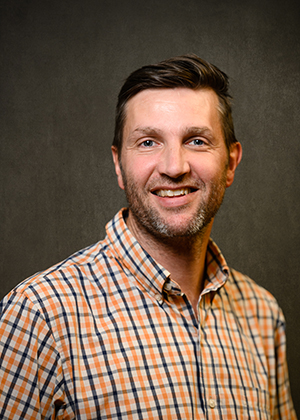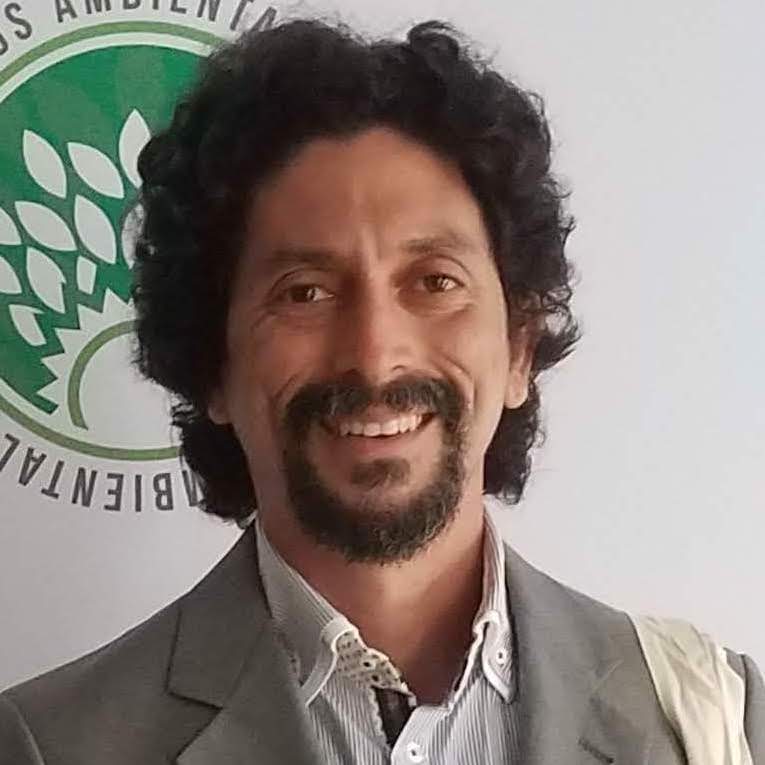HedgeRow Analysis
Where Different Fields Meet

Combining data-driven insights with expert knowledge of complex regulatory systems, HedgeRow Analysis is your edge over the competition.
Government at all levels is overwhelmed trying to regulate innovative businesses in emerging sectors often impeding the transference of novel ideas, services, and products. This problem is further complicated by (1) uncertainty in new market spaces and (2) the thicket of contradictory regulations enacted at different levels of government.
How can innovators keep innovating under these conditions? HedgeRow Analysis provides data-driven, transparent insights to navigate complex regulatory systems and aid decision-making in emerging market spaces. Our quantitative expertise in adaptive scenario mapping and predictive modeling, combined with qualitative intel from an extensive network of political leader relationships, enables us to discover market advantages, reveal leverage points, and help clients avoid unintended consequences.

Personalized Research and Analysis Available
Modeling and Scenario Building
What We Do
HedgeRow Analysis
Defining problems Finding SolutionsHedgeRow Energy Transition Analysis

The world is in the midst of its next big energy transition. The intensity, speed, and distribution of changes in the energy sector will be strongly influenced by upcoming legislative and regulatory changes at the federal level. However, since federal leadership has been an exception rather than the norm over the past decade or so, states and cities have taken the lead.
HedgeRow helps clients by quantifying their ESG impacts. HedgeRow's multidisciplinary, expert analysis empowers our clients to move forward with confidence in their investment or management decisions. We assess clients' strategies and their future risk using multi-objective optimization, probability mapping, and scenario modeling. Our data-driven approach and commitment to transparency yields clear, digestible information for clients and their stakeholders about their ability to achieve success in a rapidly changing environment.
HedgeRow Seed Stage Support

HedgeRow Energy Transition Analysis
Net Energy Analysis
Life Cycle Analysis and ESOI Metric
Life cycle analysis (LCA) evaluates the environmental impacts of a product from raw material extraction to disposal, guiding sustainable choices. Working exclusively with the BioPhysical Economics Institute [link: https://bpeinstitute.org/ ], we use the "Energy Saved on Energy Invested" (ESOI) metric to employ LCA methods to measure the energy saved by a technology over its lifetime relative to the energy invested in its creation and operation. This includes both direct and embodied energy inputs.
ESOI is crucial for making informed decisions about product efficiency, environmental impact, and cost. For example, a vehicle that requires more energy to build but operates more efficiently can significantly reduce total energy consumption and emissions over its lifetime. Likewise, an incremental investment in a power control module in a data center can return energy savings orders of magnitude above that initial investment.
Resilience Plan Impact Analysis
HedgeRow scientists use publicly available data, GIS analysis, and modeling to quantify the human impacts of resilience interventions by utilities and other government and non-government actors. We often do this from the perspective of groups experiencing economic disadvantages, a disproportionate impact from medical issues, or those living with food insecurity.
For example, the reduced duration and frequency of electricity outages should reduce food loss impacts on food insecure populations and allow SNAP authorized grocery stores to remain open after storms. Increased resilience to storm damage should increase the number urgent care clinics, dialysis centers, and nursing homes to maintain operation, and reduce strain and financial impacts on the chronically and acutely ill. Likewise, the decreased length of outages should benefit those that require electricity-dependent durable medical equipment and reduce hospitalizations and evacuations.
Systems Approach to Problem Solving
At Hedgerow Analysis, we employ a systems approach to problem solving and corporate decision making. This holistic method, rooted in ecology and thermodynamics, considers the entire system, recognizing the interconnections and interactions among its components. By understanding the broader context and dynamics, we develop innovative solutions that address root causes and optimize overall performance.
Drawing on principles from the natural world, we help companies uncover key underlying links and leverage points, enabling them to make well-informed decisions and achieve their strategic goals. This approach allows us to identify and mitigate potential issues before they escalate, ensuring more robust and resilient strategies. By integrating this perspective into our analyses, we enhance sustainability, improve efficiency, and drive long-term success for our clients. At Hedgerow Analysis, we guide our clients through complex challenges with confidence and clarity.
Research Team Leaders

Dr. David Murphy

Mik Carbajales-Dale
Mik Carbajales-Dale heads the Energy-Economy-Environment (E3) Systems Analysis group. He is an Associate Professor in Environmental Engineering & Earth Sciences with an established reputation of attracting and managing large grants from federal agencies. He has been PI or Co-PI on over $30M of sponsored research. A highly motivated researcher with extensive knowledge of modeling the coupled energy-economy-environment systems. An expert with over twenty-years' experience in energy systems analysis, life cycle assessment, net energy analysis, and sustainability. He has produced over sixty publications which have received more than 3400 citations. Current h-index of 31 (26 since 2019), i-index of 39 (37 since 2019). He is an exceptional communicator with advanced problem-solving and teaching skills.
Dr. Carbajales-Dale joined Clemson University in August 2014 as an Assistant Professor in the Environmental Engineering & Earth Sciences department. Before joining Clemson, Mik was an Energy Systems Analyst with Stanford’s Environmental Assessment & Optimization Lab and with the Global Climate & Energy Project (GCEP). His research focuses on the long-term, large-scale evolution and dynamics of the energy-economy system, especially how development of energy resources affect
s social development and the effects of a future transition from fossil fuels to renewable energy technologies.

